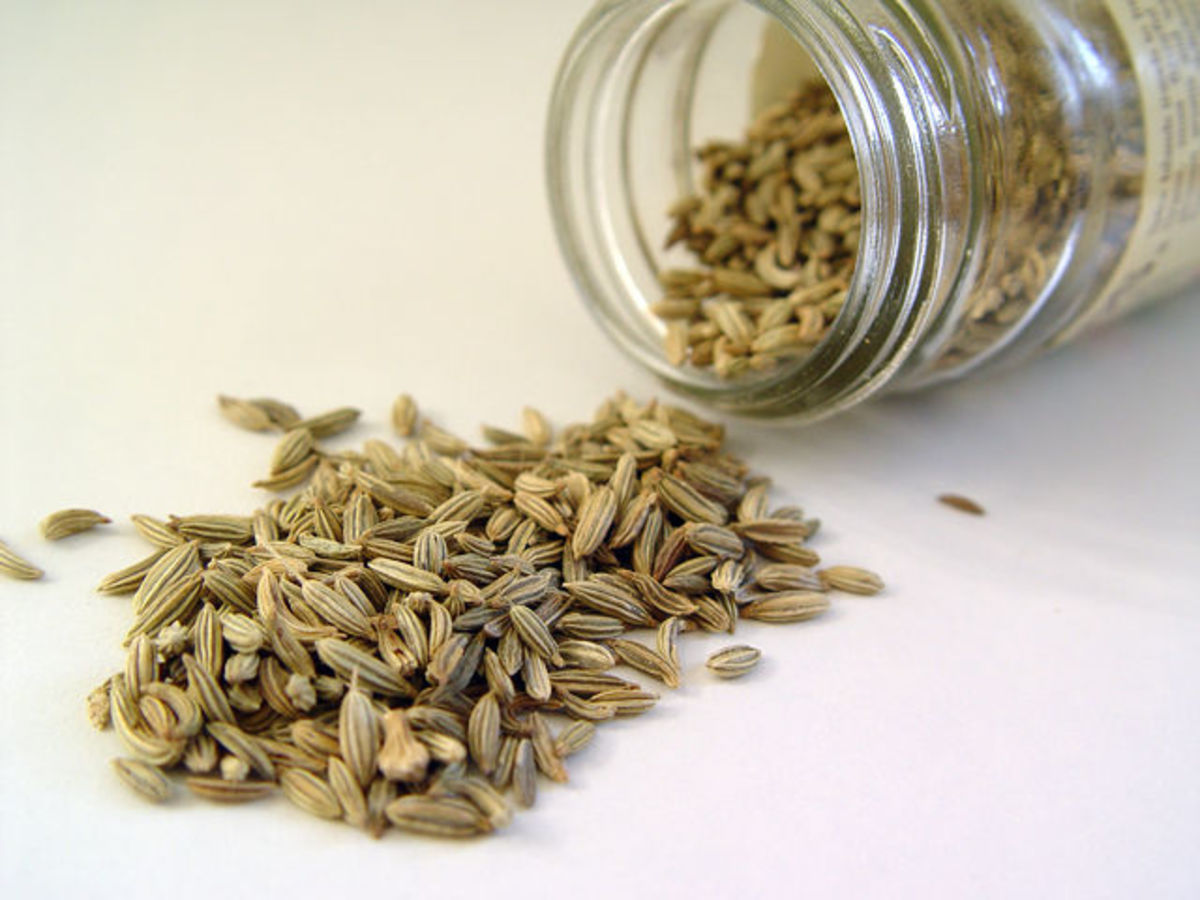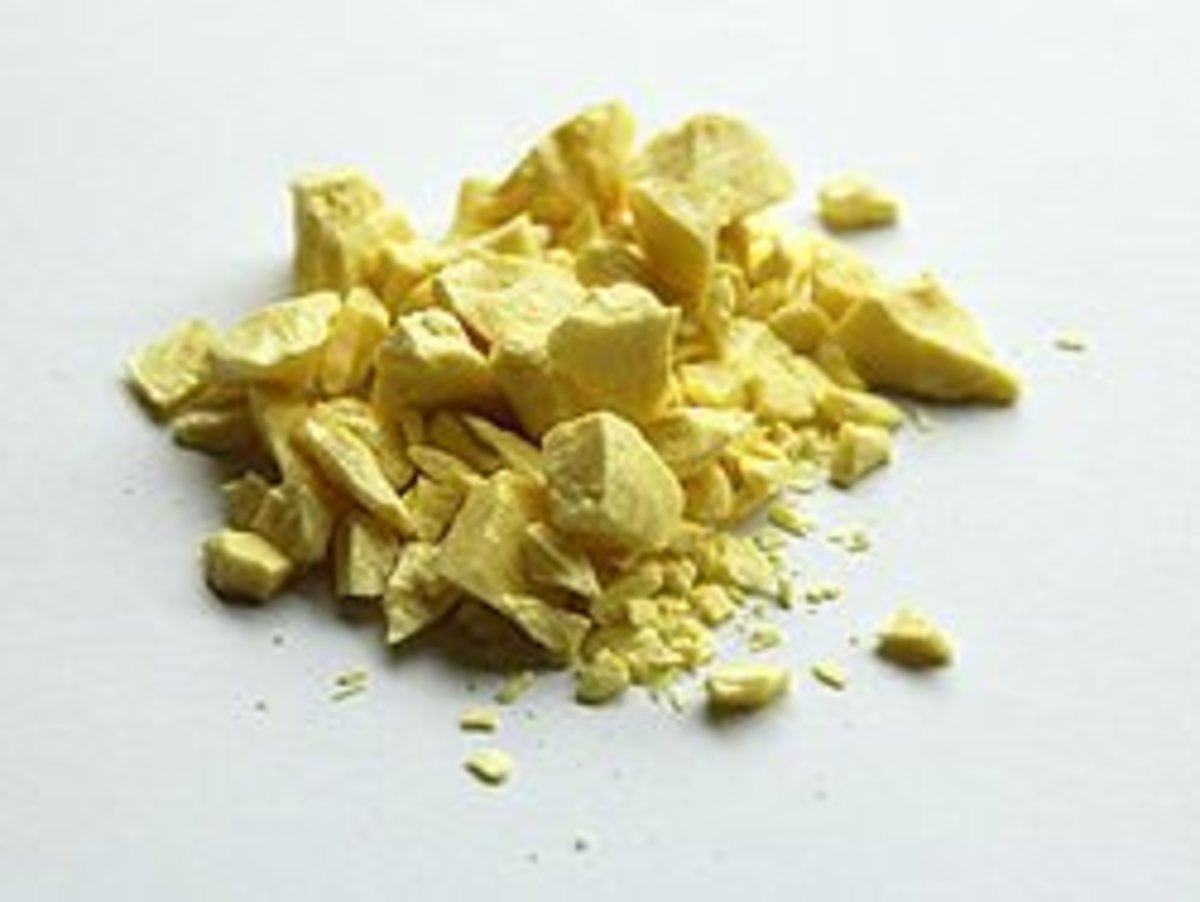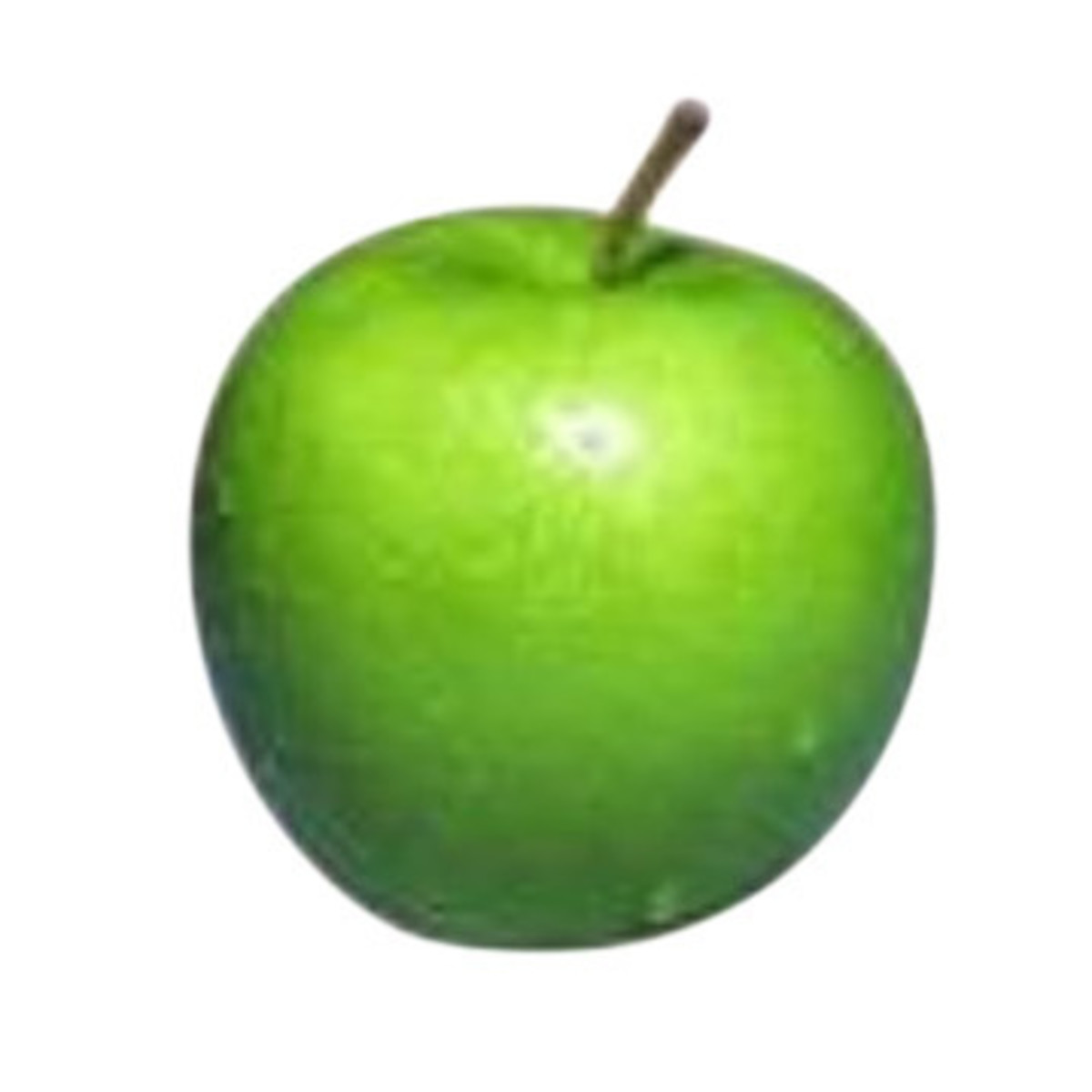Food Additives in Mixed Fruit Jam -- (Brand Reliance Select)
Fruit jam is one of the favorite foods of people across the world. Bread with jam is the daily breakfast item in many houses. This is readily available in the markets and relished by people of all age groups. This article gives an idea about the different ingredients used in their preparation, their chemical composition and their impact on health, especially when consumed in large quantities.
Ingredients present in jam
The ingredients used in the preparation of Reliance Select “mixed fruit jam” are as follows:
Sugar
Mixed fruit pulp
Thickener (440)
Acidity regulator (330)
Preservatives (211, 223)
Class II preservatives
Artificial flavoring substances (Raspbery and Pineapple)
Synthetic food color (122)
Sugar
Sugar is a very essential ingredient required in the manufacture of jams and jellies from fruit products. Granulated white sugar is generally preferred, as it has no flavor of its own, and is very essential for the formation of gel. Sugar is added in almost 1:1 ratio with the fruit pulp, which means that every spoon full of jam is very rich in sugar content. Sugar contains fructose and glucose and is a ready source of calories. Hence, the intake in large quantities should be avoided, as its accumulation might lead to health problems. People who exercise vigorously to burn these calories can enjoy jam and still stay fit.
Mixed fruit pulp
The fruit pulp and fruit juice can be acquired after the manual removal of the peels. As both pulp and juice are rich in enzymes which cause browning, the fruit juice is heated to kill these enzymes. 45% of the jam contains the fruit pulp. Fruit pulp it good for health but when boiled, it looses many vitamins and minerals.
Thickener (440)
The other name of this thickener is pectin. It is naturally present in the skin of certain fruits like apples and citrus fruits. It is an essential gelling agent. The concentration of pectin depends upon the fruit variety. Hence, depending upon the fruits used for the preparation of the pulp, the manufacturers of jams depend on pectin powder or solution from external sources. The biopolymer, pectin, consists of D-galacturonic acid and slows down the absorption of glucose in the intestines. It binds to carbohydrates in the intestines and adds bulk to stools, hence acting as a soluble dietary fiber.
Acidity regulator (330)
It is basically citric acid which is added to control the acidity or alkalinity of the jam at a specific level. Acidification of jams through these regulators not only prevents the bacterial growth, but also maintains the quality of food products. It is not an antioxidant by itself, but it enhances the activity of many antioxidants present in the fruits used for the preparation of jam. However, this regulator should be added in moderate quantities, as large doses damages tooth enamel leading to the erosion of tooth, vomiting, diarrhea and dizziness. A consumption of 10g or more of this acid regulator per day, may lead to the formation of kidney stones. The quantity of “Acidity Regulator” used in jam is not specified on the packaging, so it is difficult to tell how much of jam can be safely consumed per day to reach the danger limit. People suffering from kidney stones, gout or anemia should take jams only after taking medical advice.
Preservatives (211, 223)
211 or E 211 is sodium salt of benzoic acid (Sodium benzoate) which is manufactured artificially by chemical industries. This is a commonly added food preservative as it prevents the microbial growth and spoilage of foods. According to current studies, it is not good to consume sodium benzoate (211) as it kills the healthy cells and causes cancer. It cuts down oxygen supply to the mitochondria of the healthy cells and chokes them to death. When E211 is combined with vitamin C or E, it forms benzene which is a carcinogen. Hence, intake of large quantities of jam might lead to accumulation of sodium benzoate in our body leading to cancer. According to FDA, E211 is added in very small quantities and hence cannot lead to deleterious affects, but its accumulation can be a problem.
E 223 is Sodium metabisulphite. The health effects of consumption of E223 have been mentioned in the hub - Food Additives in Biscuits – (Brand - Parle G).
Class II preservatives
They are a group of synthetic products and the recommended levels of each of the products vary in different food stuffs. This food label does not mention which chemicals have been used specifically and it is a general problem with all the processed foods. Hence, one cannot consider them safe for all the consumers.
Artificial flavoring substances (Raspbery and Pineapple)
These fruit flavors are prepared by the combinations of various esters, together with special oils. No specific health hazards have been reported.
Synthetic food color (122)
The name of this coloring agent is Azorubine, Carmoisine. It is derived from coal tar. It is a red food dye which can cause allergic reactions, particularly in those people who are intolerant to asprin. It also causes bad reactions in asthmatics.
My source of information
http://www.eufic.org/article/en/food-safety-quality/food-additives/artid/acidity-regulators/
http://www.mbm.net.au/health/296-385.htm
http://www.gf-glutenfree.com/food-additives
http://mbm.net.au/health/200-290.htm
http://www.naturalnews.com/033726_sodium_benzoate_cancer.html





